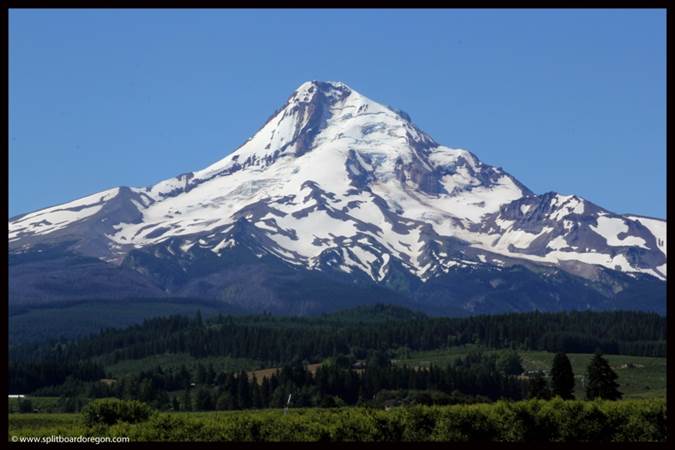The conventional wisdom following Tuesday’s election is that national action on climate change is likely to be stalled or mired in partisan political wrangling until at least 2016. The long-sought effort to achieve a comprehensive climate law seems unlikely in the foreseeable future, and even administrative action on climate may be held up in federal budget battles and oversight hearings. For those of us dedicated to lowering emissions to a level that prevents the worst consequences of climate change and worried that time is growing short to achieve significant progress, the election results seem like a very discouraging outcome.
But as UCS President Ken Kimmell has pointed out in a post-election blog post, the results do not mean we should be discouraged or stop trying to make progress—we just need to focus our efforts where they are most likely to make progress.
Sunnier outlook on West Coast for climate action
Despite the likelihood of continued, chronic Beltway dysfunction, election news from the West Coast states of California and Oregon is very encouraging. Governors Brown and Kitzhaber, both of whom have made climate action cornerstones of their administrations, coasted to easy re-election. California’s climate–friendly legislature appears to be holding on, and Oregon elected some pro-conservation legislators who may help make climate and clean energy gains in that state a real possibility.
In Washington, a couple of state Senate candidates favored by conservationists lost their races to incumbents more resistant to advancing climate policies. That means Governor Inslee may face some challenges in getting his ambitious climate program approved. On the positive side, activists, businesses, and community groups are gearing up and ready to work on lowering emissions from vehicles as well as more comprehensive carbon policies.
All three of these states, which have a combined population of 53 million people and collectively represent the world’s fifth largest economy, are already collaborating on a climate action plan signed by all three governors and the premier of British Columbia. They pledged to work together on aggressive climate action regionally — by harmonizing greenhouse gas reduction policies and investing in low-carbon fuels, energy, and infrastructure — and globally.
All three Western governors have said they will champion new laws and regulations over the next two years to lower carbon emissions. If successful, these efforts will make the West Coast a worldwide leader in reducing greenhouse gas emissions and ramping up the use of clean energy and fuels, while also building their economies.
UCS supporting regional climate efforts
UCS is working closely with scientists and NGOs in all three states to help with the following initiatives:
- In Washington, Gov. Inslee’s executive order to reduce carbon pollution and promote clean energy is being implemented and the governor is considering using his executive authority to implement a low-carbon fuel standard. There is also a campaign forming to enact an economy-wide carbon cap that was recommended by a government task force earlier in the year.
- In Oregon, on the heels of Gov. Kitzhaber’s re-election and the election of an environmental majority in the state legislature, the prospects for re-enacting the state’s Clean Fuel Program have improved, as have the chances for an economy-wide climate policy in the next couple of years.
- Finally, California Gov. Brown is talking about taking the state’s climate leadership to the next level. After eight years of implementing the first economy-wide climate cap in the U.S., the California economy has come back strongly from the recession with one of the most robust economic growth rates in the nation. The state is on track to reduce its emissions to 1990 levels by 2020, despite population and economic growth. This success has made it possible to begin exploring the next generation of deeper carbon reductions from energy and transportation so California can continue on the road to a prosperous low-carbon economy.
Success is only possible with your help
Progress is not a foregone conclusion, however, and advances in all three states are under attack by a very expensive oil company campaign designed to keep us tied to the fossil fuel monopoly. UCS and our allies will be working very hard to achieve clean energy and climate progress over the next two years, and we will need your help, your support, your letters, your voices, and your votes.
We stand a good chance of winning in all three states, creating a huge block of economic and people power that can help demonstrate how climate action is not only feasible, but can help build new industries and a stronger and more resilient economy while also cleaning the environment, making people’s communities healthier, and reducing our reliance on imported energy.
The most successful low-carbon policy we’ve had in this country, our fuel efficiency standards, started as a California policy that expanded to 16 states before being adopted by the federal government. States are frequently the proving ground for federal policies. The West Coast is poised to do it again, but we will need your help.
Stay tuned! And don’t despair—join the fight.

